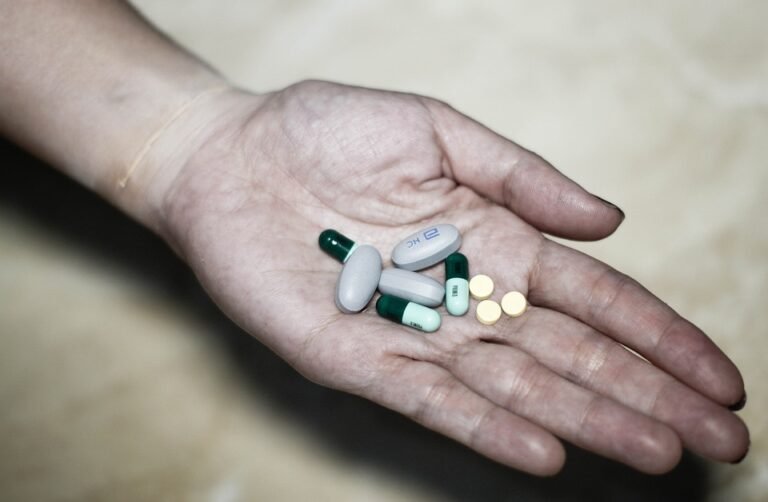Mental health in South Africa has long been a neglected issue, with many barriers preventing individuals from accessing the care and support they need. However, in recent years, there has been a growing recognition of the importance of mental health and efforts to break down these barriers.
One of the major barriers to mental health care in South Africa is stigma. Mental illness is often misunderstood and stigmatized in South African society, leading to shame and discrimination for those experiencing mental health challenges. This stigma can prevent individuals from seeking help and can also impact their relationships and opportunities.
To address this issue, there has been a concerted effort to raise awareness and education about mental health in South Africa. Organizations and advocacy groups have been working to challenge the stigma and promote understanding and empathy for those living with mental illness. Additionally, there have been campaigns and initiatives to encourage open conversations about mental health, helping to break down the barriers of stigma and shame.
Another significant barrier to mental health care in South Africa is the lack of resources and services. The country faces a shortage of mental health professionals, particularly in rural and underserved areas. This means that many individuals struggle to access the care they need, leading to untreated mental illness and a lack of support for those in crisis.
To address this issue, there have been efforts to expand and improve mental health services in South Africa. There has been a focus on training and recruiting more mental health professionals, as well as increasing funding for mental health programs. Additionally, there have been initiatives to integrate mental health care into primary care settings, making it more accessible for individuals in need.
Another important barrier to mental health care in South Africa is the lack of awareness and understanding within the healthcare system. Many healthcare providers may not have the necessary training or knowledge to effectively support individuals with mental health issues. This can lead to misdiagnosis, inadequate treatment, and a lack of support for those seeking help.
To address this issue, there has been a push for improved training and education for healthcare professionals in South Africa. Efforts have been made to incorporate mental health into medical and nursing education, as well as to provide ongoing training and support for current providers. By improving the knowledge and skills of healthcare professionals, the quality of mental health care in South Africa can be greatly enhanced.
Overall, there have been significant efforts to break down the barriers to mental health care in South Africa. By challenging stigma, increasing resources and services, and improving awareness and understanding within the healthcare system, there is hope for a brighter future for mental health in the country. However, continued advocacy and action are needed to ensure that all individuals in South Africa have access to the care and support they need for their mental well-being.










